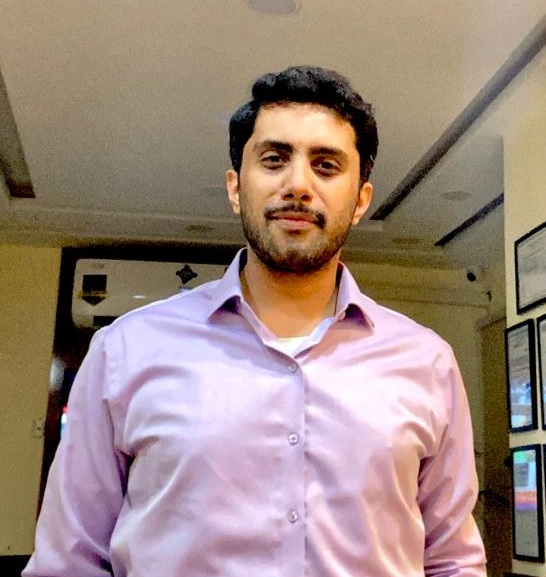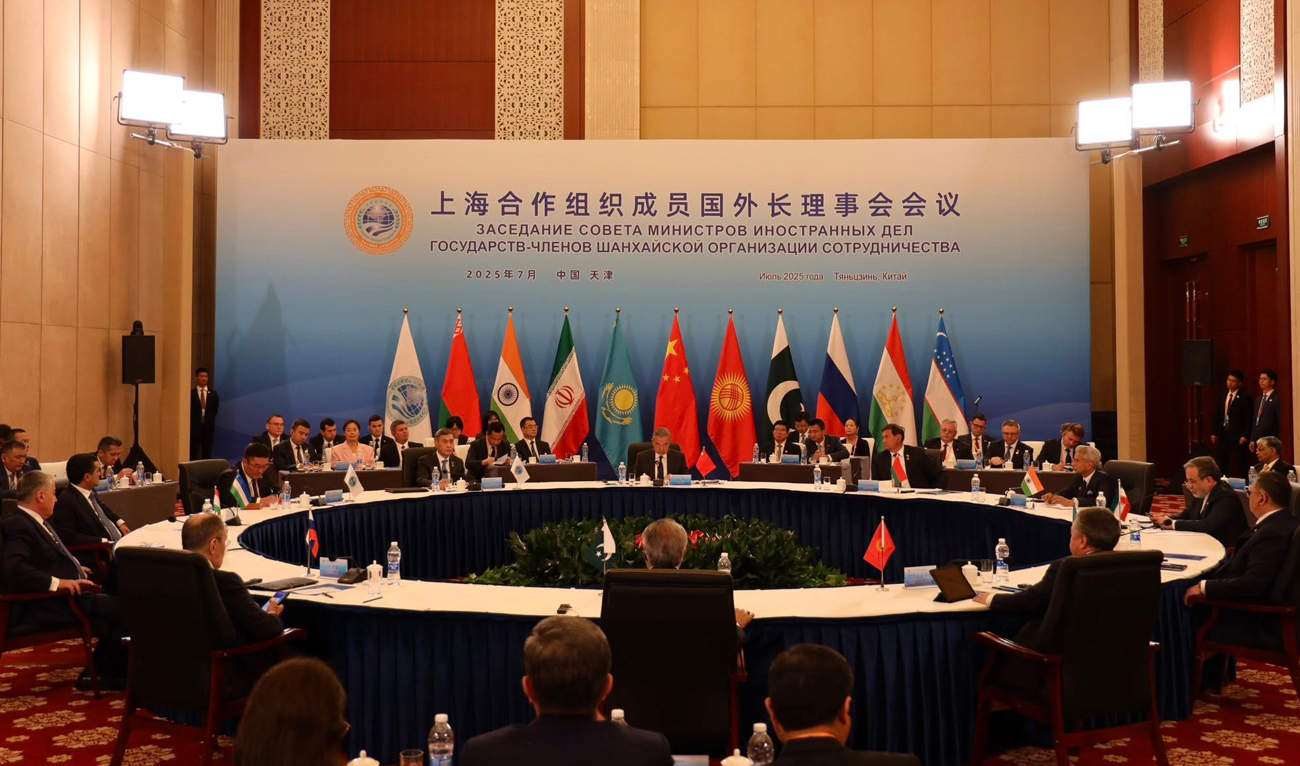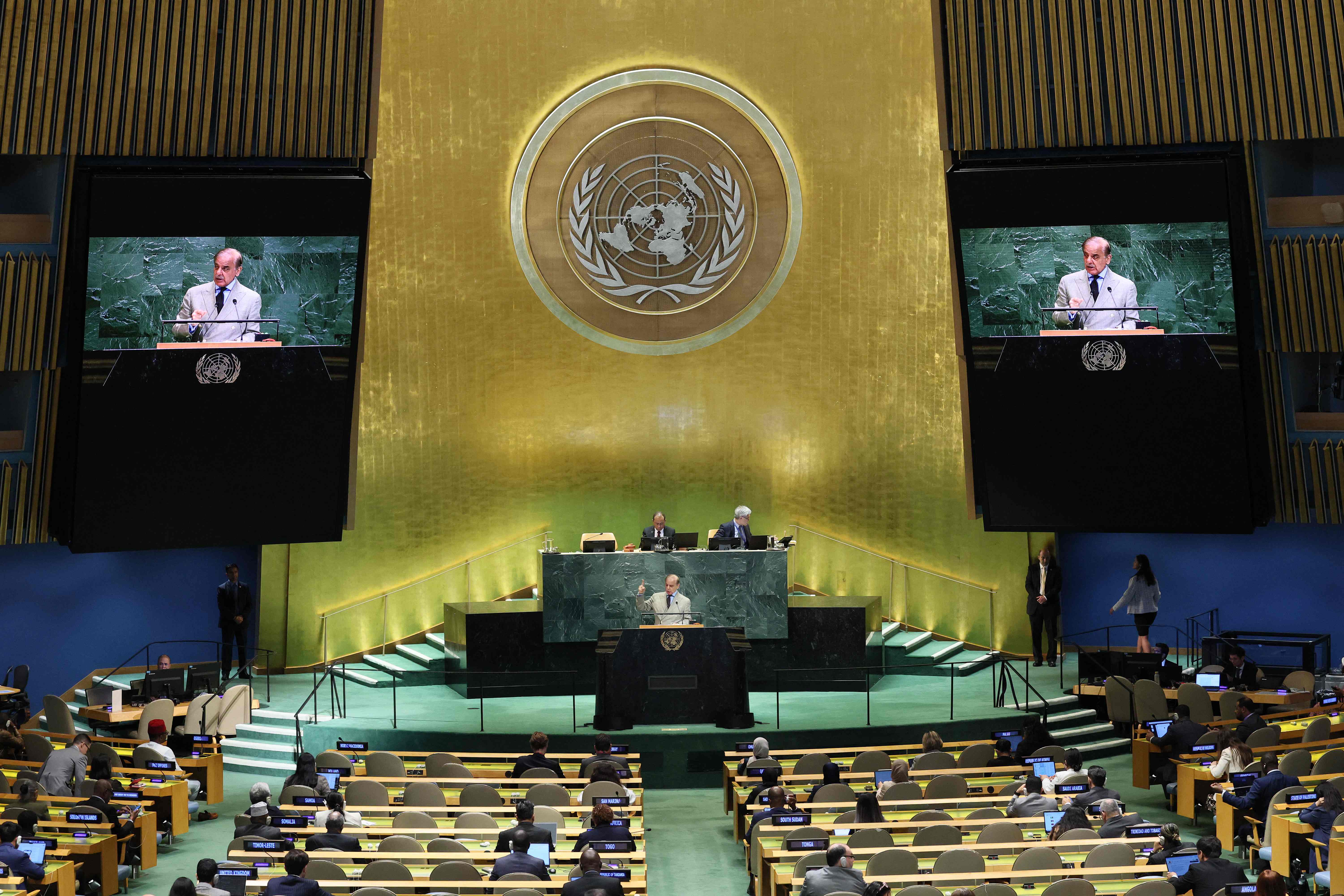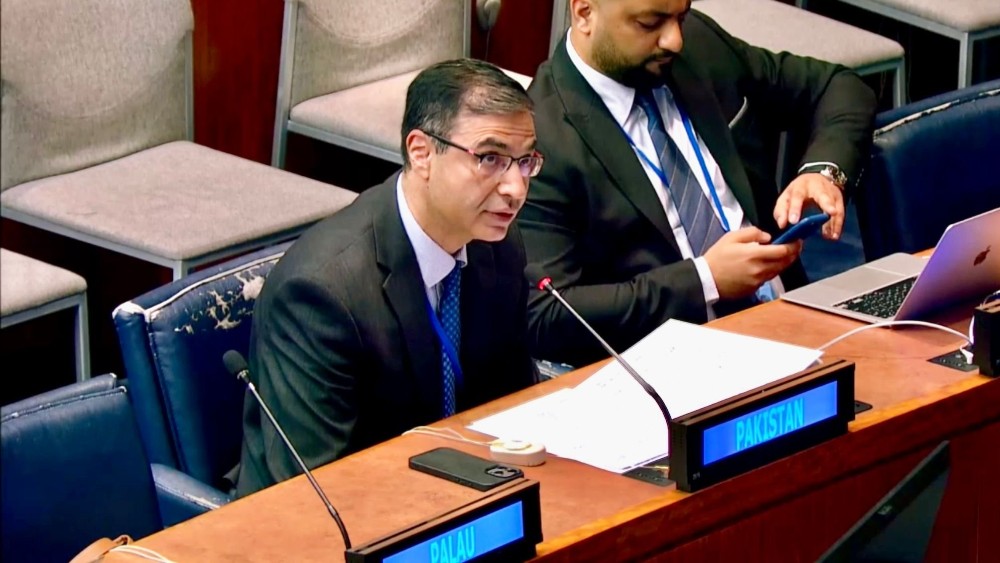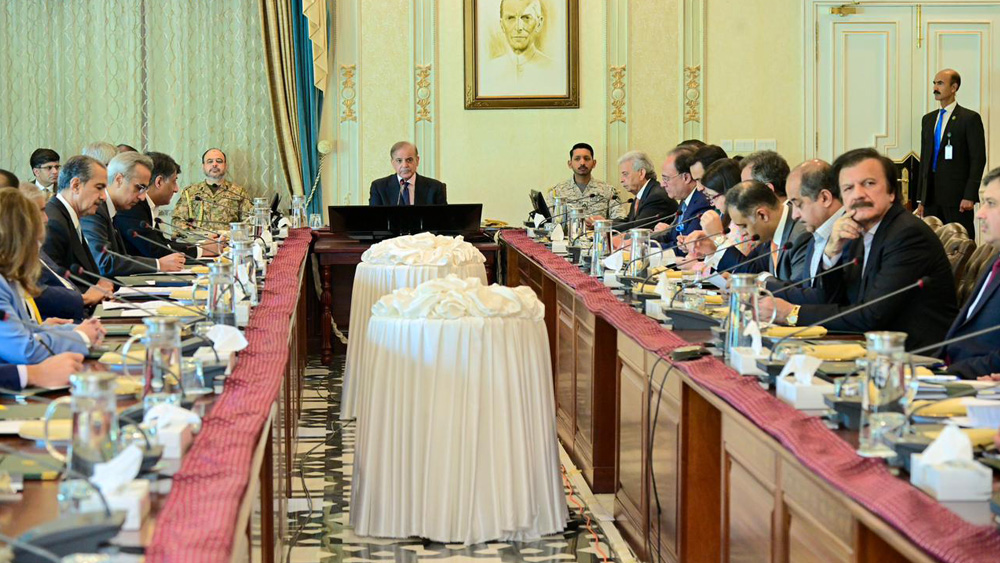LAHORE: Religious scholars from across Pakistan have pledged to transform mosques into centers of peace, tolerance, and social harmony under the Paigham-e-Pakistan initiative, aiming to counter political and religious extremism nationwide.
The announcement came during the Paigham-e-Pakistan Ulema-Mashaykh Convention held in Lahore, jointly organized by the Pakistan Ulema Council (PUC) and Jamiat Ulema-e-Pakistan. The convention gathered prominent scholars and spiritual leaders representing all major schools of thought to promote inter-sect unity and national cohesion.
In a joint declaration, participants reaffirmed their commitment to implementing Paigham-e-Pakistan at every level, vowing to prevent the misuse of mosques and religious institutions for political or sectarian purposes and instead use them as platforms for dialogue, reconciliation, and community welfare.
Hafiz Muhammad Tahir Mahmood Ashrafi, chairman of the Pakistan Ulema Council and Coordinator of the National Paigham-e-Aman Committee, told Pakistan TV Digital that mosques have historically been the cornerstone of social reform in Muslim societies and must once again reclaim that role.
“The mosque is not just a place of worship; it is a community center,” Ashrafi said. “We have to bring it back to where problems are discussed, solutions are found, and the message of the Qur’an and Sunnah is shared for the betterment of society.”
Ashrafi said political and religious extremism both stem from the same mindset, one that seeks to impose personal ideas on others.
“Extremism is when someone forces their thoughts on others or considers every opposing opinion wrong,” he noted. “We must respect differences and revive a culture of dialogue.”
“The mehrab [where imam leads prayers] and mimbar [platform where sermons are delivered] can play an even stronger role than media in building a peaceful, united Pakistan.”
He also reaffirmed Pakistan’s stance on key regional issues, including solidarity with Palestine and peace in Afghanistan.
“Pakistan has always stood with its Afghan brothers,” Ashrafi said. “But terrorism and bloodshed cannot be tolerated. Both nations must work together to ensure peace on each other’s soil.”
During the convention, religious leaders condemned recent incidents of violence in eastern city of Muridke and called for strict adherence to the rule of law. The declaration also welcomed the Pakistan–Saudi Arabia defense cooperation agreement, describing it as a milestone in strengthening bilateral ties and safeguarding the sanctity of the Holy Mosque.
Adding a local perspective, Muhammad Altaf Hussain Niazi, vice preacher and Imam of a mosque in Lahore, told Pakistan TV Digital that Islam’s true message lies in peace, compassion, and moral guidance, all of which stem from the mosque.
“Our religion teaches peace and tranquility,” Imam Niazi said. “Even in the time of the Holy Prophet (PBUH), the mosque was where delegations were received, where guidance was given, and where society’s moral character was built. That is the tradition we must revive.”
He said mosques should once again become spaces that shape minds and nurture values rooted in compassion.
“When people come to the mosque, they should leave with greater understanding and empathy,” he added. “Our mosques can and should be cradles of peace for our religion, our country, and our communities.”
The convention concluded with an announcement that Paigham-e-Pakistan conferences will soon be held across all provinces.
A 50-member delegation of Ulema and Mashaykh will meet with the President Asif Ali Zardari, Prime Minister Shehbaz Sharif, Deputy Prime Minister Ishaq Dar, Chief of Army Staff Field Marshal Asim Munir, chief ministers, and governors to present a practical framework for implementing the initiative nationwide.
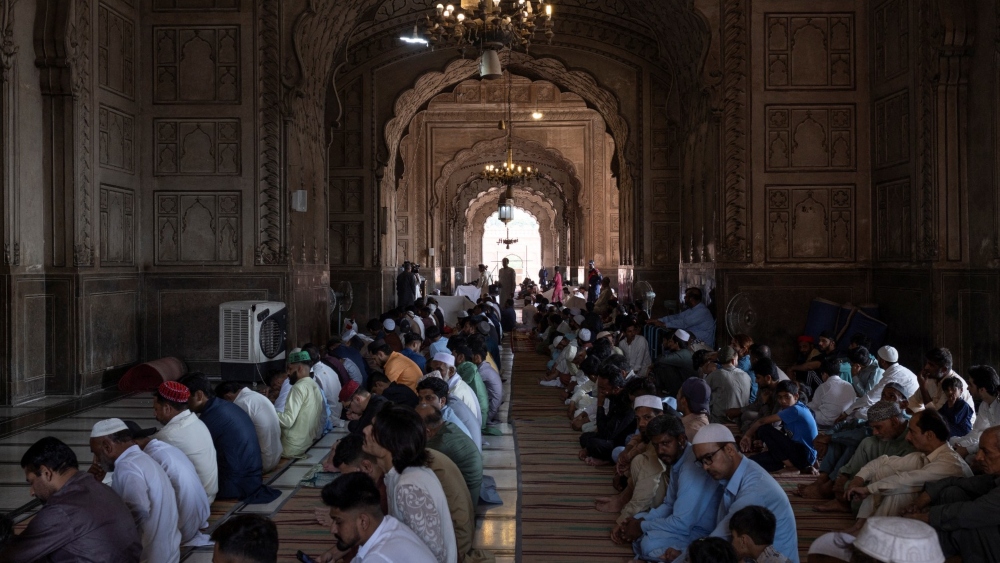
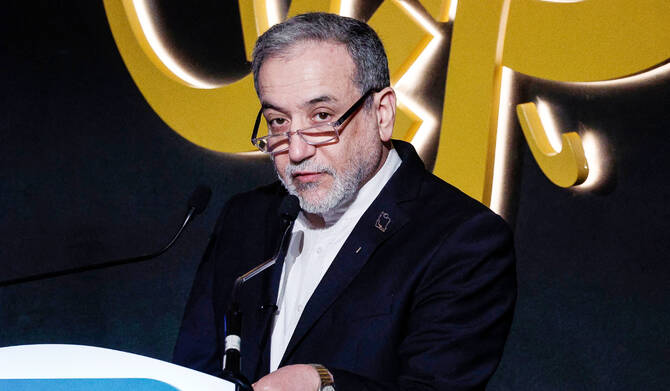

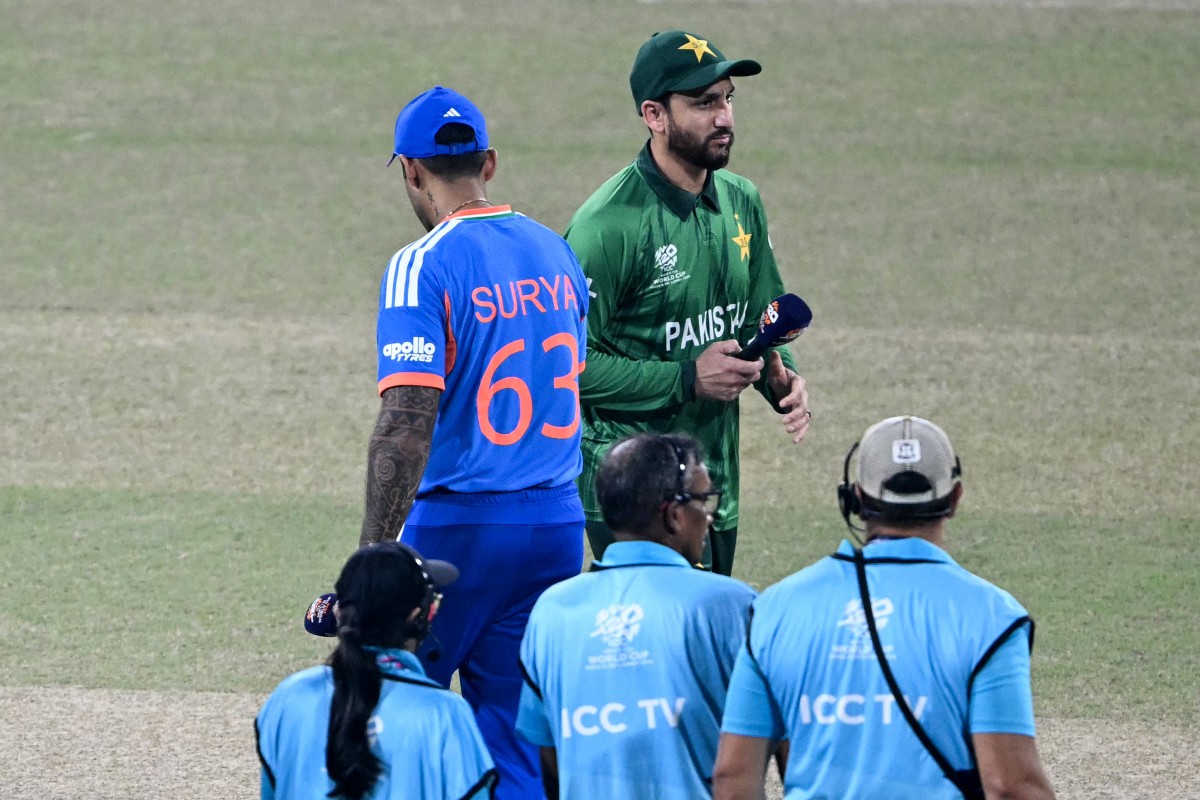
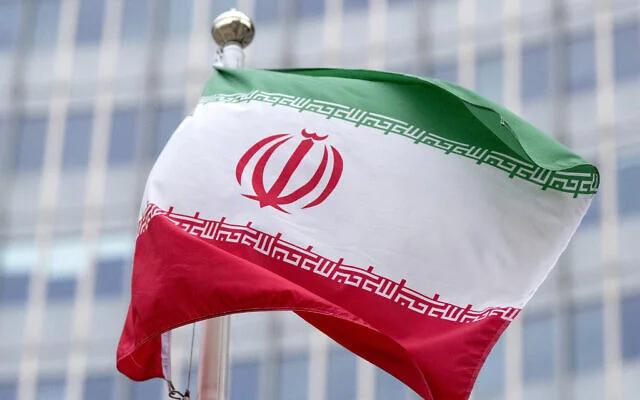
.jpg)
